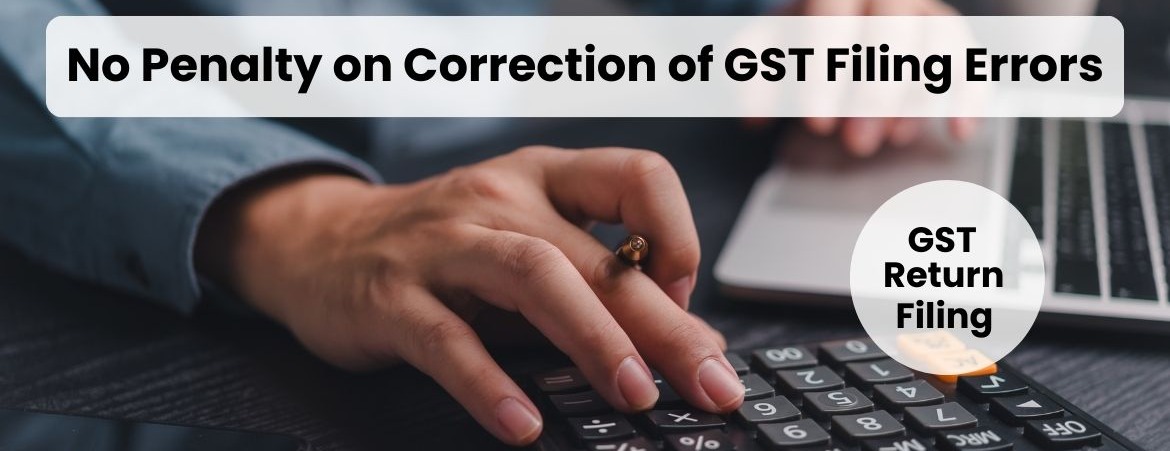L.N. Mittal, J.
C.M. No. 5900-C of 2011 :
For reasons mentioned in the application, which is accompanied by affidavit, delay of 35 days in filing the appeal is condoned.
Main Appeal:
1. Defendants No. l and 2 - Sub Registrar, Nuh and State of Haryana respectively, having lost in both the courts below, have filed the instant second appeal.
2. Vidya Devi - mother of plaintiffs and Performa defendant No. 3 (all respondents herein) executed registered relinquishment deed dated 20.09.2002 in favour of plaintiffs and Performa defendant regarding agricultural land measuring 87 kanals 01 marla. Defendant No. 1 - Sub Registrar, "Who had registered the said relinquishment deed, issued impugned notice (received by father of plaintiffs on 18.12.2006) requiring the plaintiffs and Performa defendant No. 3 to make good the deficiency of stamp duty on the relinquishment deed to the extent of Rs. 40,850/-.
3. Plaintiffs (respondents No. l and 2 herein) challenged the aforesaid demand notice. It was alleged that Sub Registrar - defendant No. 1 has no jurisdiction to issue the aforesaid notice u/s 47-A of the Indian Stamp Act, 1899 (in short - the Act). It was also pleaded that the notice, having been issued beyond the period of three years after registration of the relinquishment deed, is also barred by limitation.
4. Defendants No. l and 2 contested the suit and inter alia pleaded that in fact, deficient stamp duty on the relinquishment deed was to the extent of Rs. 4,08,065/-, but was inadvertently written as Rs. 40,850/- in the impugned notice on account of arithmetical mistake. It was denied that defendants have no jurisdiction issue the impugned notice or that the impugned notice is time barred. It was pleaded that defendants have right to recover the remaining deficient stamp duty of Rs. 3,67,200/- also. Various other pleas were also raised.
5. Learned Additional ''Civil Judge (Senior Division), Nuh, vide judgment and decree dated 11.06.2010, decreed the plaintiffs'' suit. First appeal preferred by defendants No. 1 and 2 has been dismissed by learned Additional District Judge, Nuh, vide judgment and decree dated 17.01.2011.Feeling aggrieved, defendants No. 1 and 2 have filed the instant second appeal.
6. I have heard learned counsel for the appellants and perused the case file.
7. u/s 47-A of the Act, Registering Officer i.e. Sub Registrar, on finding that the instrument does not contain the true value or consideration for the property to be transferred, may make reference to the Collector for determination of the value or consideration and the proper duty payable thereon. It is further stipulated that Collector may do so within three years from the date of registration of any instrument. In the instant case, the impugned demand notice has been issued by Sub Registrar, who had no authority to do so. u/s 47-A of the Act, Sub Registrar, who is the Registering Officer, is not competent to determine the proper duty payable on an instrument or to make demand thereof. On the contrary, Sub Registrar can only make a reference to the Collector, who thereupon, has to determine the proper duty payable on the instrument. The said determination also has to be after issuing show cause notice to the concerned party and granting opportunity of hearing. In the instant case, demand notice was issued by Sub Registrar, who was not competent to do so, and therefore, the impugned demand notice is patently illegal and without authority. Secondly, the demand notice was issued without following principles of natural justice. No show cause notice was issued to the plaintiffs before making the impugned demand nor any opportunity of hearing was given to the plaintiffs. For this reason also, the demand notice is bad. Thirdly, the relinquishment deed was registered on 20.09.2002, whereas the impugned demand notice was issued in December 2006 i.e. after 04 years and 03 months, whereas u/s 47-A of the Act, even Collector can initiate proceedings only within period of three years. The demand notice is also thus time barred and therefore, vitiated for this added reason as well. The impugned demand notice has, therefore, been rightly held to be null and void by the courts below.
8. Learned counsel for the appellants vehemently contended mat proceedings for recovery of the deficient stamp duty were initiated within limitation period of three years. The contention is completely frivolous and meritless. Admittedly, it was not even pleaded in the written statement that proceedings had been initiated within three years of the registration of the relinquishment deed in question. There is also no material on record to demonstrate that the proceedings were so initiated within three years of the registration of the relinquishment deed. Learned counsel for the appellants referred to audit note of the year 2003 in support of his contention, but audit note raising objection regarding deficient stamp duty does not amount to initiation of proceedings for recovery of the deficient stamp duty. That was an internal matter of the appellants. Pursuant to audit objection, impugned demand notice was issued in December 2006. Learned counsel for the appellants could not refer to any other material on record to depict mat any proceedings were initiated for recovery of the alleged deficient stamp duty within three years from date of registration of relinquishment deed.''
9. For the reasons aforesaid, I find no merit in the instant second appeal, which is not only meritless, but is completely frivolous and should not have been preferred at all. Courts below have rightly held the impugned demand notice to be null and void. This appeal raises no question of law, much less substantial question of law, for adjudication. Accordingly, the appeal is dismissed in limine.

